Is it true that xylitol does not contain sugar but is suitable for diabetics?
Xylitol is actually a kind of sugar itself, but the metabolism of this xylitol does not need insulin, so it is more suitable for diabetics, so it is also often used in diabetic food. In more than ten years ago, for sugar lovers xylitol is a particularly hot word, because my mother is a diabetic, I remember very well that time we go to the supermarket to buy cookies, cereals, can see labeled with xylitol, diabetes can be eaten in these words.
Hello, I'm Dr. Xiao Xing, MD, welcome to follow me and share interesting health tips every day.
First of all, let's understand what xylitol actually is. We put the sugar in food according to the polymerization characteristics, the number of sugar molecules, the sugar is divided into monosaccharide, disaccharide, oligosaccharide, polysaccharide four categories. As shown in the figure below, xylitol belongs to the disaccharide sugar alcohols in this category, in addition to xylitol there are mannitol, sorbitol and so on.
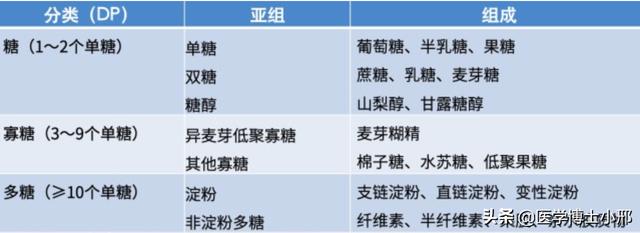
Sugar alcohols are characterized by the first is less sweet than sucrose, calories are mostly lower than sucrose, another very key feature, is that the metabolism of sugar alcohols do not need insulin, so if the body's insulin secretion is less, sugar alcohols can still be discharged from the body, will not cause elevated blood glucose values. Moreover, sugar alcohols in the small intestine digestion is slow, not as fast as glucose digestion affect blood sugar. Therefore, sugar alcohol for diabetics is a very good sweetener.

The above picture is only an example of "Xylitol can be suitable for sugar lovers" in the food industry, and is not intended for advertising purposes, so please be careful in your judgment.
However, sugar alcohol as a sweetener, mainly used in food processing, such as diabetic cookies, cakes, etc., although xylitol has almost no effect on blood glucose, but xylitol is attached to these starch-rich foods, excessive intake of starch on blood glucose will also have a great impact. So people should also pay more attention to the food they eat these foods.
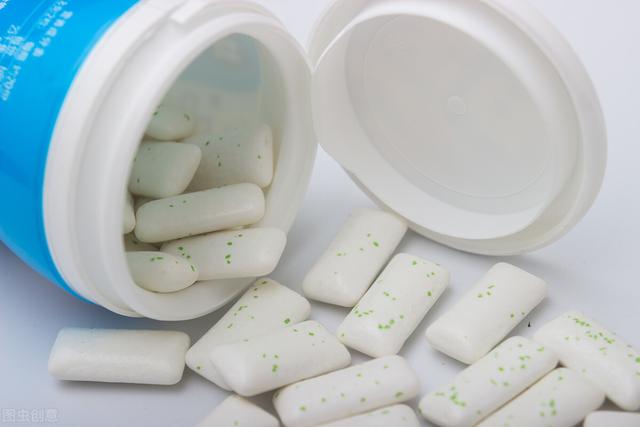
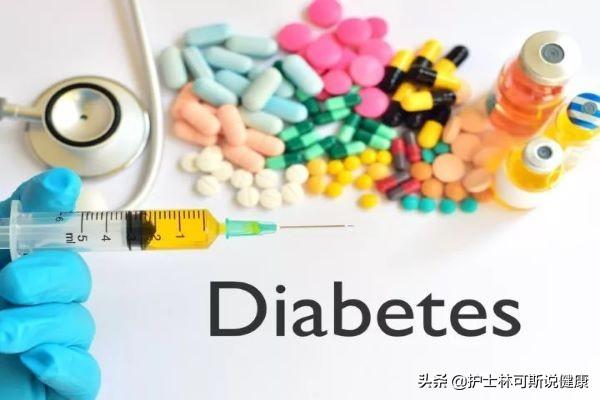
With the enhancement of the concept of health, the market of all kinds of sugar-free food and drinks are endless, xylitol in which played the role of sugar replacement, but there are many diabetic patients will still be worried about xylitol really will not have an impact on health.
First of all, let's look at what xylitol actually is.
Xylitol is a natural sweetener found in a wide variety of fruits, vegetables and cereals. The sweetness of xylitol is comparable to that of sucrose, but the calorie content of xylitol is very low and negligible compared with that of white sugar. When dissolved in water, it absorbs a lot of heat and produces a cool sensation in the mouth, so it is used in a variety of sugar-free snacks.
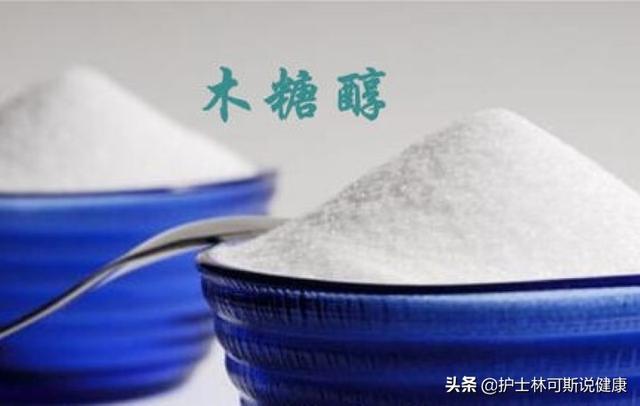
Is xylitol really suitable for diabetics?
1. Most xylitol is metabolized by the liver, and only a small amount is involved in subcutaneous fat metabolism. Xylitol metabolizes directly into cells without insulin and does not cause sudden rise or fall in blood glucose, making it an ideal sucrose substitute for diabetic patients.
2, consumption of xylitol can reduce the probability of dental caries.
3, xylitol As a low-sugar food sweetener it brings sweetness, is conducive to improving the taste of food, for diabetics is a good substitute, but xylitol is not recommended for large amounts of intake.
What are the precautions when consuming xylitol products?
1. Xylitol will aggravate hypoglycemia when it is caused by insulin, hypoglycemic drugs, fasting, or after exercise. Therefore, once the symptoms of hypoglycemia appear, you should eat some sugar-containing snacks, candies, etc. in time.
2. Due to the property of absorbing a large amount of heat when dissolved in water, direct consumption of solid xylitol may cause stomach pain, stomach cramps and so on. Therefore, xylitol can not be directly consumed like sugar dipped in sugar, while the snacks made with xylitol or xylitol dissolved in water are not affected.
3, should not be consumed in large quantities of xylitol, is not easy to be broken down by gastric enzymes, less than 20% absorbed in the intestinal tract, a large number of xylitol is difficult to be smoothly digested and absorbed, resulting in osmotic diarrhea, causing abdominal discomfort, flatulence, intestinal chirping, but in the case of daily intake of xylitol more than an average of 90 grams or a single intake of more than an average of 50 grams of xylitol, it is possible to provoke a temporary digestive discomfort reaction.
4, xylitol is toxic to dogs, intake of more than 0.1 grams per kilogram of body weight may be fatal.
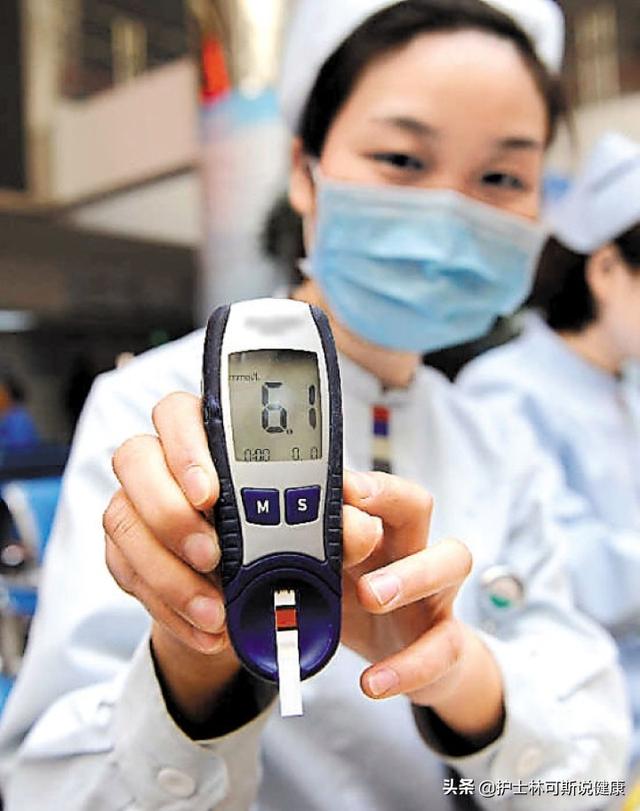
I'm @NurseLincosSpeakHealth , focusing on health dry goods, daily research on health and wellness, like my work welcome to pay more attention!
Xylitol is a sweetener that is widely used today and is added to food to add texture and change the flavor of the food.
Similar sweeteners include sorbitol, aspartame, sweeteners, saccharin, etc., and naturally, stevia and licorice sweeteners, etc. All of these industrially synthesized or natural sweeteners provide sweetness but don't affect blood sugar levels or insulin metabolism.
Xylitol is a natural, healthy sweetener made from deep processing with agricultural products such as corn dregs.
It is very low in calories, producing 2.4 kcal per g. It is 1.2 times sweeter than sucrose, and is used as a sweetener in everyday life.
For example, chewing gum, sugar-free gum in the sweet flavor is xylitol to provide, dissolved in water will absorb a certain amount of heat, so the mouth will have a clear cool feeling, but also has the effect of cleaning teeth.
So for diabetic friends with a sweet tooth or those who are worried about obesity or overnutrition, xylitol can be chosen as a sweetener.
But excessive consumption of xylitol can lead to diarrhea, which can lead to dehydration and hypertonicity in diabetics, which can increase the burden on the heart and brain. Therefore excessive consumption is not recommended.
Xylitol is a sweetener that has only a sweet flavor, not sugar, and very little heat, and absorbs heat when dissolved, resulting in a cool sensation in the mouth.
Generally used in pastry ah what above, cooking generally do not put it. And excessive consumption of xylitol will stimulate the stomach and intestines, causing diarrhea, flatulence and so on. Chewing gum is fine, but as a daily sweetener, it's a bit bad.
In addition, diabetics do not not eat sugar blood sugar can be lowered, starch is also part of the sugar, in short, high-calorie foods do not eat too much.
First, diabetics can eat. This is because xylitol metabolism does not need insulin, consumption of xylitol blood sugar fluctuation is small, not not affect blood sugar. So you can't eat more.
Secondly, there is no clear rule, roughly speaking, no more than 50 grams per day is safe. Xylitol is low in calories, but it has calories. Eating too much of it can make you fat. There is also diarrhea and bloating, etc.
Third, a lot. Mannitol, sorbitol, aspartame, inulin, for example.
[Diabetes can not control the mouth, the following as a staple food, blood sugar burst]
1. Dried fruits
Dried fruits are extremely nutritious. Although on the outside it may seem like dried fruits are low in sugar, dried fruits are dehydrated from food.
The water decreases, but the sugar in the food does not decrease, and the sugar content within the food increases in relative proportion to the concentration.
The human body in the intake of dried fruit food, due to the absence of the dilution effect of water in the food, the intake of sugar concentration will increase, but it is not worth it.
2. Delicate pasta products
People with diabetes not only need to reduce the amount of sugar in their lives, but also need to exercise some control over some carbohydrates, such as foods made from delicate flours, such as bread and so on.
These foods are rich in starch, which is converted to glucose after digestion. Consuming large quantities of refined pasta products can greatly interfere with blood glucose levels and aggravate the condition of diabetes.
3. Dates
Jujubes themselves have the effect of replenishing blood, but the sugar content of jujubes is very high, and fresh jujubes have about 35 grams of sugar per 100 grams.
The sugar content of dried jujube is as high as 60%. So do not underestimate a small date, diabetic patients must be careful not to eat.
4. Various fruit juice drinks
The human body needs to consume a sufficient amount of water every day, but some people will use drinks instead of plain water. Especially for diabetic patients, this is not allowed, because the sugar content in the drink is also very high.
In addition to water, the second most abundant food ingredient within a typical beverage is sugar, plus some food additives. #The truth is coming # #Healthy Truth Museum # #Super Health Mission #
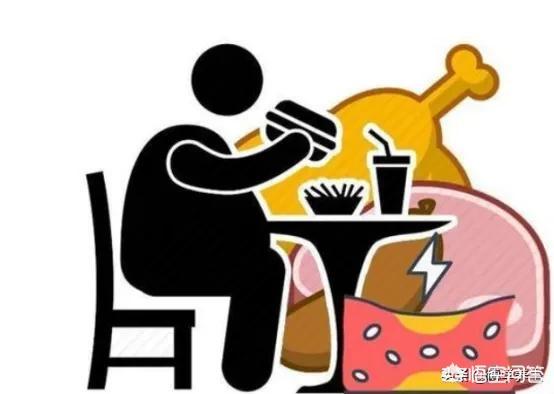

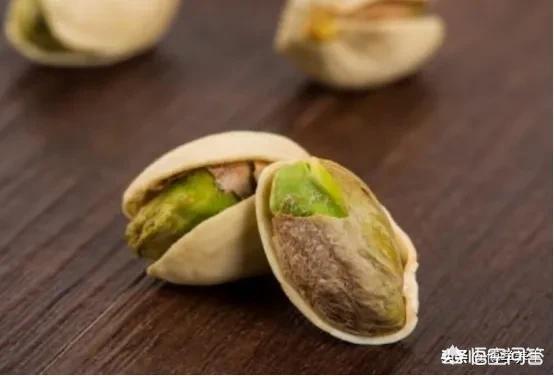
Adequate
This question and answer are from the site users, does not represent the position of the site, such as infringement, please contact the administrator to delete.